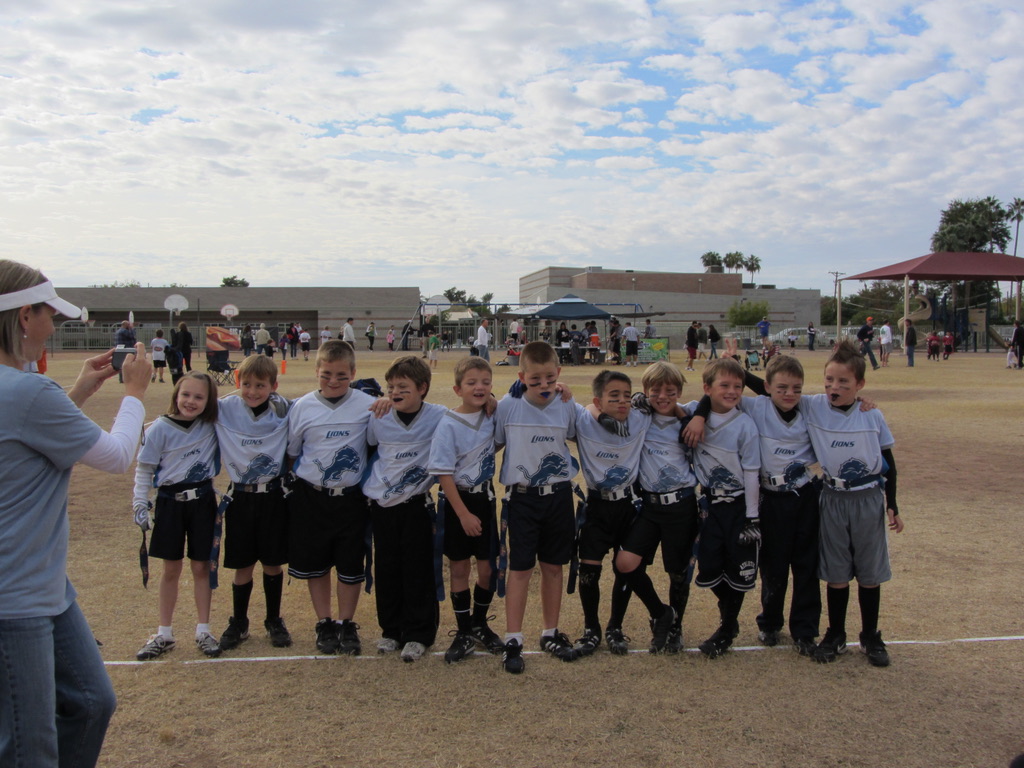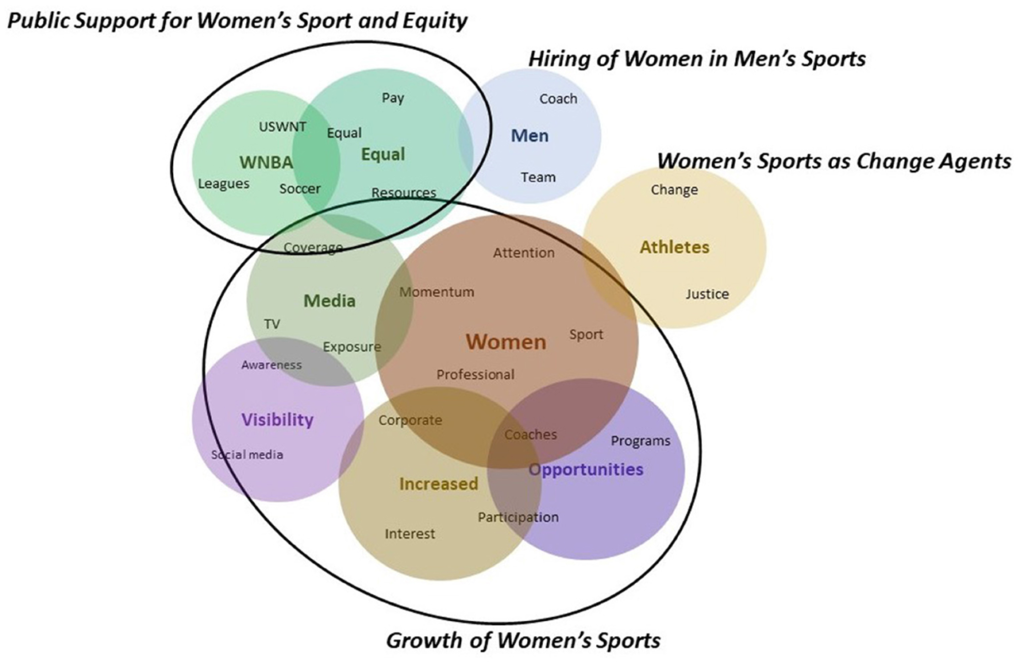As a female, I have often experienced backlash of stereotypes when it comes to fitness and sports. As someone who grew up in a D1 sports family, I’ve had to learn to dismiss many generalizations about gender roles in athletic activities. These stereotypes, perpetuated by all different kinds of media, have shaped societal perceptions of female sports and created a distinct struggle in my own life.
Media Construction
In movies, TV shows, advertisements, etc, sports are often portrayed as a male domain, especially my personal favorite sport, football. Women are frequently given roles that emphasize grace, beauty, and care, rather than strength, competitiveness, and physical prowess. This isn’t to say that it never happens, but the average shows that 77% of films featured more male than female characters in speaking roles in films. When women are shown in sports, it is often in traditionally “feminine” activities like gymnastics or figure skating. This media construction reinforces the stereotype that women are less suited for and less interested in physically demanding sports.

For example, in “She’s The Man” (2006), a girl who disguises herself as her brother to play soccer. While comedic, it highlights the stereotype that girls must go to extreme lengths to participate in sports traditionally dominated by boys. This film begins on the precipice that girls don’t belong in certain sports.
Additionally, when women are featured on the cover of Sports Illustrated, it is often because they are swimsuit models rather than athletes. This shows that female appearance is more important athletic achievement in the media and further reinforces the stereotype that women’s value in sports is tied to their looks rather than their abilities.

My Experience
In elementary school, I was the only girl in my football league. Despite my passion and enthusiasm for the sport, I was often made to feel out of place. My teammates and coaches frequently questioned my presence, and I faced subtle and overt pressures that made continuing in the league difficult. After just one year, I was forced to quit, a decision influenced by the pervasive notion that football was not “for girls.”


Years later, I channeled my love for physical activity into powerlifting, a sport that allowed me to embrace and celebrate my strength. However, even in powerlifting, I encountered stereotypes. The media often portrays female athletes in ways that emphasize femininity over athleticism, with female “gym influencers” working out with their hair down and make-up on. This does not provide any sort of authenticity or respect to real female powerlifters. Plus, there is a lack of representation of muscular women, which is heavily seen in simple things like clothing. Finding athletic wear designed for a muscular body type is more than challenging, as most women’s sportswear caters to a narrow, traditionally feminine physique.

The Impact
These media constructions can be harmful because they perpetuate limiting stereotypes about gender and athleticism. They discourage girls from participating in sports by making them feel unwelcome or less capable. For those who do pursue athletics, the lack of representation and appropriate gear can hinder their performance and self-esteem. Additionally, these stereotypes reinforce the notion that strength and muscularity are inherently masculine traits, which can affect the way muscular women are perceived and treated in society.

However, breaking these stereotypes can also be empowering. By challenging traditional norms, women in sports can inspire others to pursue their passions regardless of societal expectations. Visibility of strong, athletic women in media can help shift perceptions and create a more inclusive environment for future generations of female athletes.

Accuracy?
This stereotype comes from a simple truth that, yes, biologically men are stronger than women. While it is true that, men have physical advantages in sports due to higher levels of testosterone which contribute to greater muscle mass and strength, this should not be a lead for perpetuating stereotypes. The stereotype that women are less suited for and less interested in physically demanding sports overlooks the significant achievements of female athletes in all types of sports, including those traditionally dominated by men. This generalization fails to recognize the dedication, skill, and competitiveness of women who excel in these fields. Although girls and women may not compete directly against men in most sports due to these physiological differences, it does not imply that women are weak or less capable.
Women can and do achieve remarkable success in all areas of athletics. Mind over matter.

